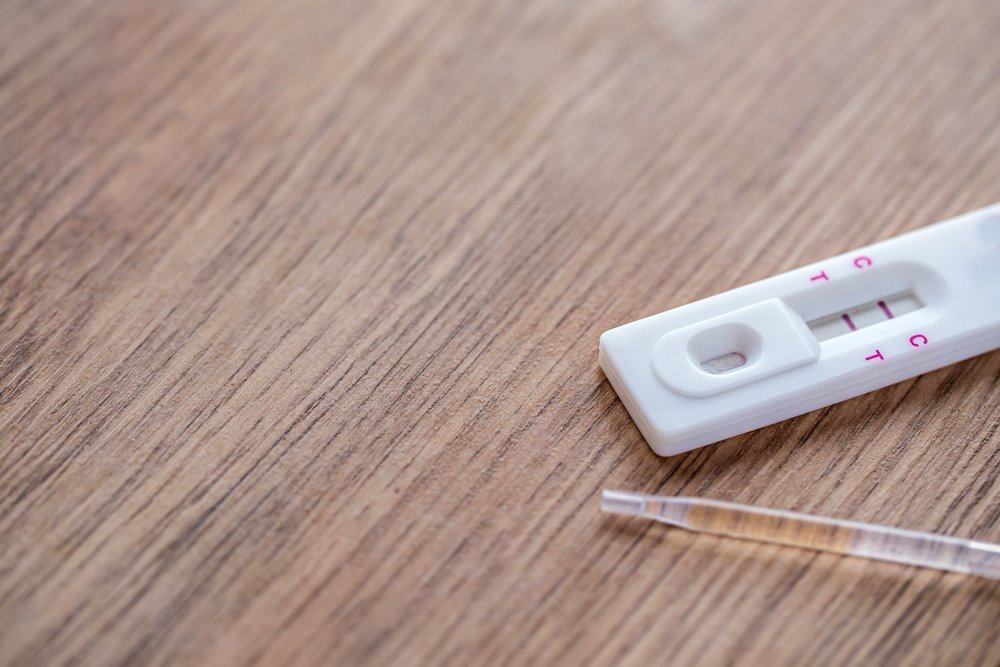Contents:
Medical Video: Hepatitis A and B | Nucleus Health
- Definition
What is Hepatitis B?
Hepatitis B is a liver disease that results from infection with the hepatitis B virus. The severity of this disease can range from minor illnesses that last several weeks to serious lifelong illnesses. Hepatitis B usually spreads through blood, semen, or other body fluids from people infected with the hepatitis B virus and then enters the body of someone who is not infected. This disease can occur through sexual contact with an infected person or sharing needles, syringes, or other injection drug equipment. Hepatitis B can also be transmitted from an infected mother to her baby at birth.
Hepatitis B can be acute or chronic. Acute infection with Hepatitis B virus is a short-term disease that occurs in the first 6 months after a person is exposed to the Hepatitis B virus. Acute infections can cause chronic infections even though they do not always occur. Viral infection Chronic hepatitis B is a long-term disease that occurs when the Hepatitis B virus stays in a person's body. Chronic hepatitis B is a serious disease that can lead to long-term health problems, and even death.
What are the signs and symptoms?
Symptoms of acute hepatitis B can include:
- Fever
- Fatigue
- Loss of appetite
- Nausea
- Gag
- Abdominal pain
- Dark urine
- Colored stools like clay
- Joint pain
- Jaundice (yellow on the skin or eyes)
- How to overcome
What should I do?
If you are worried that you might have been affected by the Hepatitis B virus, contact your health professional. If someone who has been exposed to the Hepatitis B virus gets a Hepatitis B vaccine and / or a dose called "HBIG" (Hepatitis B immune globulin) within 24 hours, Hepatitis B infection can be prevented.
When do I have to see a doctor?
If you are worried that you might have been affected by the Hepatitis B virus, immediately contact your health professional or local health center.
- Prevention
The best way to prevent Hepatitis B is to get a Hepatitis B vaccine. A safe and effective Hepatitis B vaccine is usually given in 3-4 doses for 6 months.
People Who Cannot Get Hepatitis B Vaccine
- Anyone with a life threatening fungal allergy, or other component of this vaccine, should not take the hepatitis B vaccine. Tell your doctor if you have serious allergies.
- Anyone who has shown a life-threatening allergic reaction with the previous hepatitis B vaccine dose should not get another dose.
- Anyone who is mild or severe when the vaccine dose is scheduled, must wait until healed before getting the vaccine.
Your doctor can provide more information about these precautions.
Note: You may be asked to wait 28 days before making a blood donor after getting the hepatitis B vaccine. This is because the examination test allows for a vaccine (not contagious) error in hepatitis B infection.











